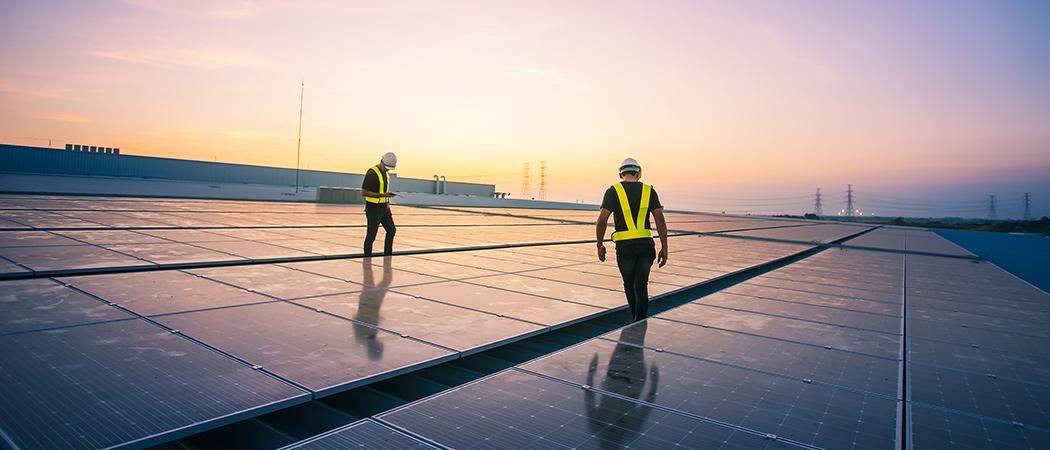The funding is part of a $90 billion programme to set up demonstrators, with the aim of accelerating deployment of new types of energy at scale

The European Commission has approved €28 billion for the US-led Clean Energy demonstration challenge, to support the commercialisation of new technologies and accelerate the energy transition.
The announcement was made on 23 September in Pittsburgh at the first Global Clean Energy action forum, which brought together ministers from around the world.
The clean energy challenge was launched by US President Joe Biden in June, with a promise of $90 billion of public funding from 2022 to 2026, as part of a broader effort to achieve net zero emissions by 2050. The EU’s contribution comes from the Horizon Europe research programme, the Innovation Fund and InvestEU.
The public money is expected to pull in private investment to accelerate the deployment of large-scale clean energy technology demonstration projects for sectors such as steel making, that find it particularly hard to wean themselves off fossil fuels.
In the event, the Clean Energy Technologies demonstration challenge exceeded expectations, attracting commitments of $94 billion.
Alongside the European Commission, governments contributing to the challenge include Australia, Canada, Finland, France, Germany, Japan, the Netherlands, Norway, Poland, the Republic of Korea, Singapore, Sweden, the United Arab Emirates and the UK.
Affordable clean energy
“It has been amazing to be in Pittsburgh to witness the collaboration across the energy ecosystem [of] world leaders, industry, investors and advocates, for concrete plans to work together on major demonstration and innovation projects that will help deploy clean energy faster,” said US energy secretary Jennifer Granholm. “Investing in innovation anywhere speeds deployment and increases affordability of clean energy everywhere. “
One of the European projects is Hybrit, claimed as the world's first fossil-free steel making technology, in which coking coal will be replaced by fossil-free electricity and hydrogen. Hybrit is being developed by SSAB, LKAB and Vattenfall, three Swedish companies operating respectively in the steel, iron and energy sectors.
The Commission wants to cut its reliance on fossil fuels through programmes including the Hydrogen Strategy and REPowerEU, whilst at the same time increasing energy security in the wake of Russia’s invasion of Ukraine.
The green economy is also expected to deliver new jobs. "The clean energy transition has serious potential for job creation and the economy," said Nicolas Schmit, European Commissioner for jobs, speaking at the forum. To make the transition "fair and inclusive", he said, "the answer lies in investing heavily and immediately in quality jobs, income support, affordable services and above all [in] skills."
Diverting money from EU programmes to large scale projects like this is not without its critics however. Member states have recently raised concerns about the Commission using the Horizon budget for the Bill Gates Breakthrough Energy initiative, the Health Emergency Preparedness and Response Authority and the European Bauhaus, at the expense of the core R&D.




 A unique international forum for public research organisations and companies to connect their external engagement with strategic interests around their R&D system.
A unique international forum for public research organisations and companies to connect their external engagement with strategic interests around their R&D system.